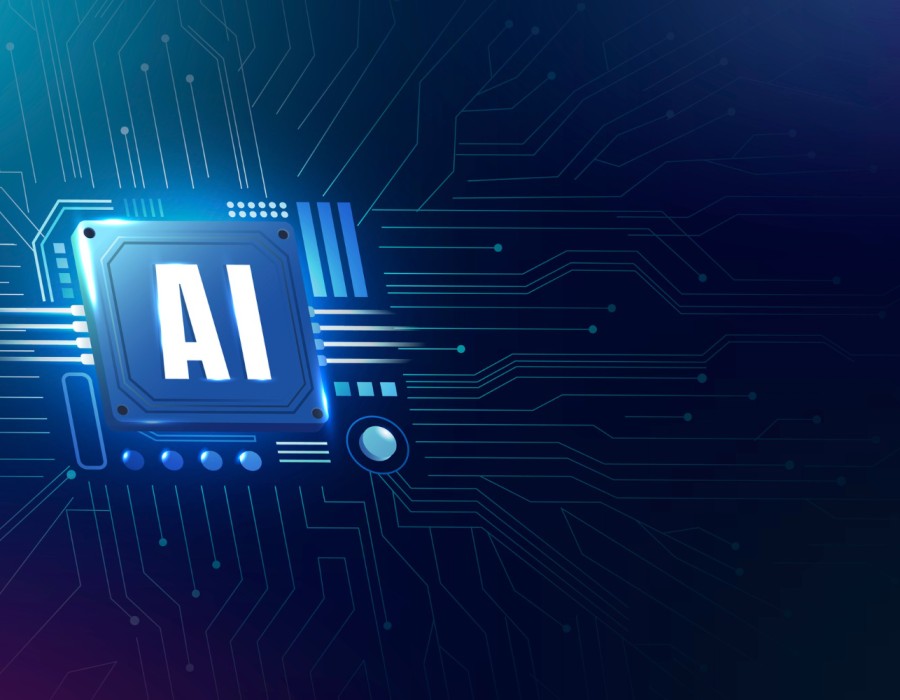The healthcare sector is undergoing a transformative shift, driven by the integration of adaptive artificial intelligence (AI). This revolutionary technology is not only enhancing patient outcomes but also boosting operational efficiency across the board. In this blog, we'll delve into how adaptive AI is reshaping healthcare, exploring its applications, benefits, and the future it promises.
What is Adaptive AI?
Adaptive AI refers to systems that continuously learn and adapt to new data and environments. Unlike static AI models, which require manual updates and retraining, adaptive AI can autonomously refine its algorithms and improve performance over time. This dynamic capability is particularly valuable in healthcare, where the landscape is constantly evolving with new medical knowledge, patient data, and treatment protocols.
Transforming Patient Care:
1. Personalized Treatment Plans
Adaptive AI can analyze vast amounts of patient data, including medical history, genetic information, and lifestyle factors, to tailor treatment plans specifically for each patient. This personalization leads to more effective treatments, fewer side effects, and better overall patient outcomes.
2. Early Diagnosis and Predictive Analytics
AI-powered predictive analytics can identify patterns and early warning signs of diseases that might be missed by human clinicians. By flagging these risks early, healthcare providers can intervene sooner, potentially saving lives and reducing the severity of illnesses.
3. Enhanced Diagnostic Accuracy
AI systems can assist in interpreting medical imaging, lab results, and other diagnostic tests with high accuracy. For instance, adaptive AI algorithms in radiology can detect abnormalities in X-rays, MRIs, and CT scans more precisely than traditional methods, aiding radiologists in making more accurate diagnoses.
4. Continuous Monitoring and Support
Wearable devices and remote monitoring systems powered by adaptive AI can track patients' vital signs and health metrics in real time. These systems provide continuous feedback and alert healthcare providers to any significant changes, ensuring timely interventions and ongoing support for chronic conditions.
Boosting Efficiency in Healthcare Operations:
1. Optimized Resource Allocation
Adaptive AI can predict patient admission rates, enabling hospitals to manage staffing levels, bed occupancy, and resource allocation more efficiently. This predictive capability helps reduce wait times and ensures that resources are used optimally.
2. Streamlined Administrative Processes
Administrative tasks, such as scheduling, billing, and documentation, can be automated using AI, reducing the burden on healthcare staff and minimizing errors. This automation frees up healthcare professionals to focus more on patient care rather than paperwork.
3. Supply Chain Management
Adaptive AI can enhance supply chain management by forecasting demand for medical supplies and medications. By ensuring that the right supplies are available when needed, healthcare facilities can avoid shortages and reduce waste.
4. Enhanced Research and Development
In pharmaceutical research, adaptive AI accelerates drug discovery and development processes. By analyzing large datasets from clinical trials and other sources, AI can identify potential drug candidates and predict their efficacy, significantly shortening the time required to bring new treatments to market.
The Future of Adaptive AI in Healthcare:
The future of adaptive AI in healthcare is promising. As technology advances, AI systems will become even more sophisticated, further enhancing their ability to improve patient outcomes and operational efficiency. We can anticipate more widespread adoption of AI-driven tools and a deeper integration of these systems into everyday healthcare practices.
Ultimately, adaptive AI holds the potential to revolutionize healthcare, making it more proactive, personalized, and efficient. By embracing AI development services, the healthcare industry can achieve significant improvements in patient care and operational performance, paving the way for a healthier future.
Conclusion:
The integration of adaptive AI in healthcare is ushering in a new era of personalized, efficient, and proactive medical care. By leveraging adaptive AI development services, healthcare providers can harness the power of continuously learning systems to enhance diagnostic accuracy, streamline operations, and optimize patient outcomes. While challenges such as data privacy, ethical concerns, and system integration remain, the potential benefits far outweigh these hurdles. As adaptive AI technology continues to evolve, its role in revolutionizing healthcare will only grow, paving the way for a future where patient care is more effective, efficient, and tailored to individual needs.




 (1).jpg)

Comments